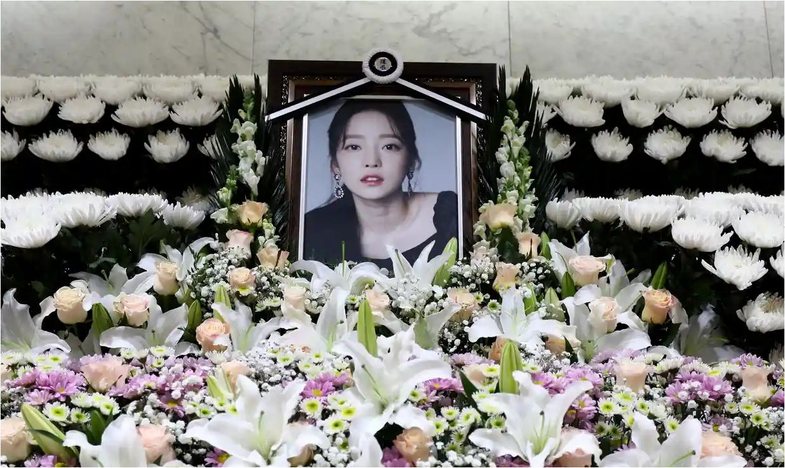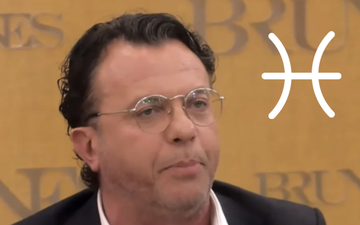
A shrine to K-pop star Goo Hara in Seoul a day after her death.
The tragic case of K-Pop star Moonbin, 25, brought attention to the high number of South Korean artists who die at a young age. Although the cause of death has not yet been confirmed, suicide has been hinted at. Unfortunately, this is not an isolated case.
Several other young K-pop stars have died in recent years. For example Goo Hara in November 2019 who was blackmailed by her ex-boyfriend for their sex videos. The suspected suicide came a month after her close friend and K-pop star Sulli killed herself after a long battle with online bullying. In 2018, 33-year-old Minwoo died at home and his management company said only that he suffered a cardiac arrest. A little over three months ago, SHINee's singer Jonghyun died of a suspected suicide. He was 27 years old.

K-pop stars are taken into management by agencies at a young age - usually in their early or mid-teens - and live under strict control, with their days mostly spent training for hours upon hours.
However, suicides in South Korea do not only affect artists, but also ordinary people. South Korea has one of the highest suicide rates in the world, which, according to the latest government figures, is among the leading causes of death for people under 40.
It is mainly the elderly who, due to poverty, decide to end their lives in order not to become someone else's burden.
Another reason why such a phenomenon is so widespread in South Korea is the media. According to studies, the number of suicides has increased since the media covered the suicides of famous people.
Likewise, other observations have proven that the use of the Internet has had a negative impact, as a good part of students become addicted to social networks and fall prey to forms of self-harm.
Family problems are another reason with a strong influence. Many people in South Korea have been orphaned or lost a parent due to the war. Economic problems are also not excluded.
Education is another factor that drives students to commit suicide. Education in South Korea is highly competitive, which makes it difficult to get into university.
Last but not least, mental health. In South Korea, mental illness is considered taboo, even within the family. Over 90% of victims have been diagnosed with mental health disorders, but only 15% of them have accepted treatment. Since mental illness is considered taboo, families often discourage young people or people who face such disorders.





